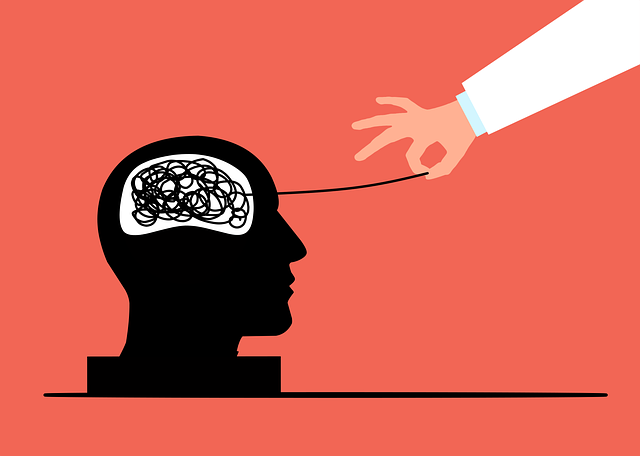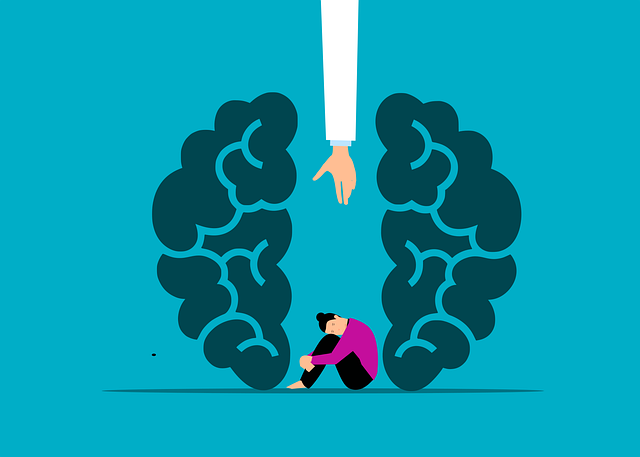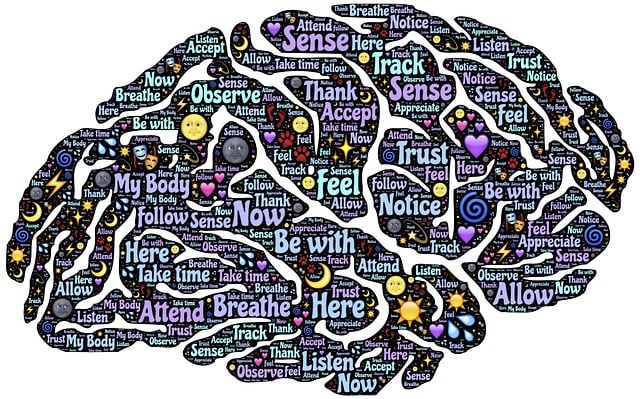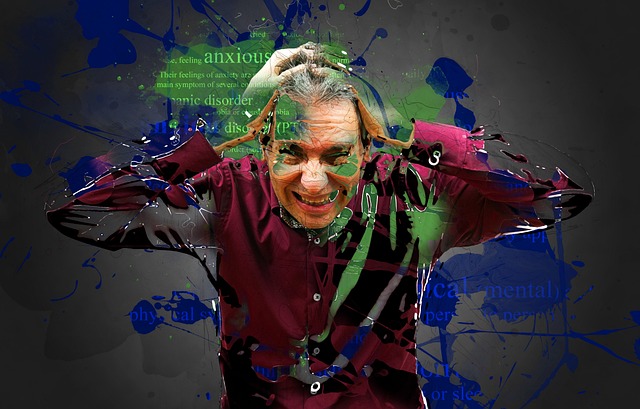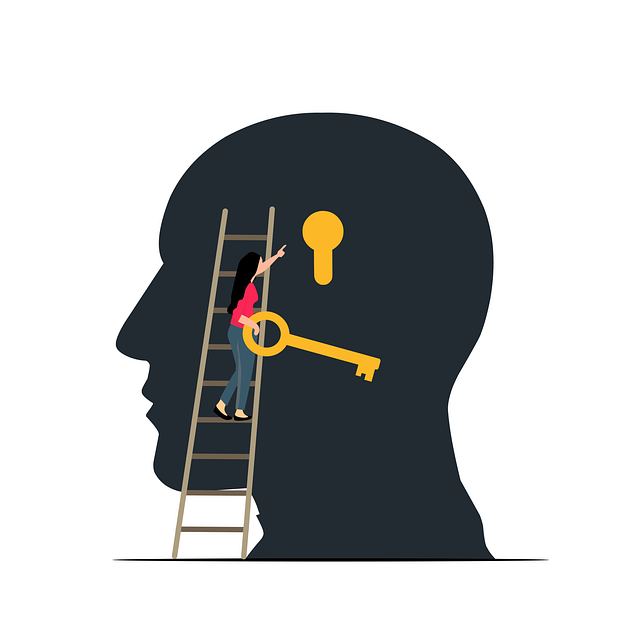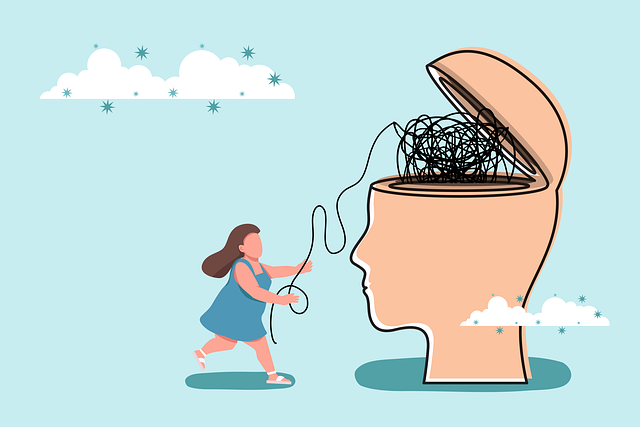Mental wellness self-assessment tools are key for individual growth and community well-being, offering insights into emotional states and enabling early detection of mental health issues. The innovative Golden Autism Spectrum Disorder (ASD) Therapy provides a tailored approach for ASD individuals, focusing on their strengths and needs, and includes interactive exercises for enhanced self-awareness. Development of robust self-assessment tools requires collaboration between diverse healthcare professionals, cultural competency training, and integration of education and social skills training for holistic mental wellness.
Mental wellness self-assessment tools play a pivotal role in individual understanding and professional evaluation. This article delves into the development of such tools, highlighting their growing importance in mental health management. We explore ‘Understanding Mental Wellness Self-Assessment’ and its benefits, with a unique focus on Golden Autism Spectrum Disorder Therapy—a pioneering approach. Furthermore, we detail ‘Developing Effective Tools’, offering insights into crucial features and considerations for comprehensive mental health evaluations, including strategies tailored to neurodiversity.
- Understanding Mental Wellness Self-Assessment: Unveiling the Need and Benefits
- Golden Autism Spectrum Disorder Therapy: A Unique Approach to Self-Assessment
- Developing Effective Tools: Features and Considerations for Comprehensive Mental Health Evaluation
Understanding Mental Wellness Self-Assessment: Unveiling the Need and Benefits

Mental wellness self-assessment tools play a pivotal role in empowering individuals to take charge of their mental health and well-being. These assessments serve as a gateway to understanding one’s emotional state, identifying potential issues early on, and facilitating personalized interventions. By utilizing evidence-based methods and incorporating innovative techniques like those derived from the Golden Autism Spectrum Disorder Therapy, these tools can offer valuable insights into various aspects of mental wellness.
The benefits extend far beyond individual growth. Community outreach program implementations that integrate self-assessment tools can foster a supportive environment, enabling participants to develop coping skills and learn effective conflict resolution techniques. This proactive approach not only enhances overall well-being but also promotes resilience in navigating life’s challenges. Early detection through self-assessments is crucial, as it allows for timely intervention and prevents the escalation of mental health issues.
Golden Autism Spectrum Disorder Therapy: A Unique Approach to Self-Assessment

The Golden Autism Spectrum Disorder (ASD) Therapy offers a novel and transformative approach to mental wellness self-assessment, particularly tailored for individuals on the ASD spectrum. This innovative therapy recognizes the unique challenges faced by those with ASD in traditional assessment methods, focusing on their strengths and individual needs. By employing specialized communication strategies, therapists create a supportive environment that encourages self-reflection and honest feedback. The process involves interactive tools and exercises designed to enhance self-awareness, enabling individuals to navigate their emotional landscapes effectively.
This therapeutic framework goes beyond standard self-assessment practices by integrating burnout prevention strategies for healthcare providers. It understands the demanding nature of supporting individuals with ASD and implements self-care practices to safeguard both the patient and caregiver from potential mental health issues. Through this holistic approach, Golden ASD Therapy ensures that self-assessments are not just comprehensive but also contribute to long-term well-being and resilience.
Developing Effective Tools: Features and Considerations for Comprehensive Mental Health Evaluation

Developing effective mental wellness self-assessment tools requires a multifaceted approach to ensure comprehensive evaluation. These tools should be designed with input from various healthcare professionals, leveraging expertise in psychology, psychiatry, and social work. Incorporating features like user-friendly interfaces, validated assessment scales, and customizable questionnaires enhances accuracy and accessibility for diverse populations.
Cultural competency training for healthcare providers is essential to create inclusive assessments that resonate with individuals from different backgrounds. For instance, considering the unique needs of those on the autism spectrum necessitates specific questions and adaptive methods during therapy. Integrating mental health education programs into these tools can empower users with knowledge about their symptoms, while social skills training components enhance self-awareness and communication, ultimately supporting holistic mental wellness.
The development of mental wellness self-assessment tools, particularly focusing on the Golden Autism Spectrum Disorder Therapy approach, offers a transformative avenue for comprehensive mental health evaluation. By integrating innovative features and considerations, these tools can enhance individuals’ access to early detection, personalized support, and improved overall well-being. Embracing such advancements is crucial in fostering healthier communities and revolutionizing mental health care accessibility.
